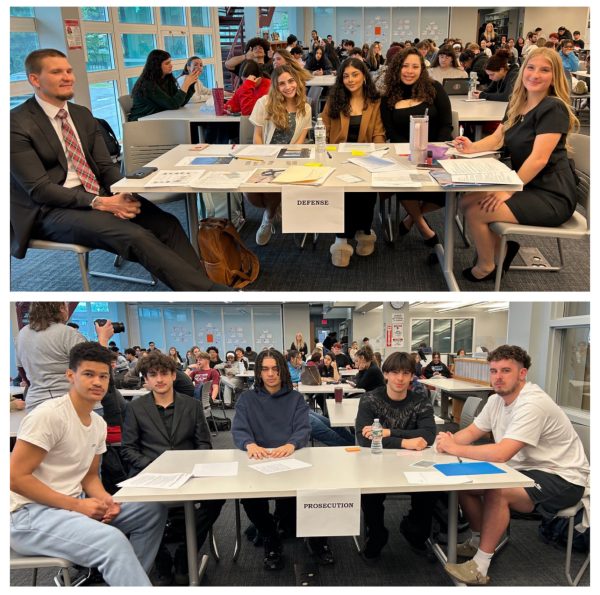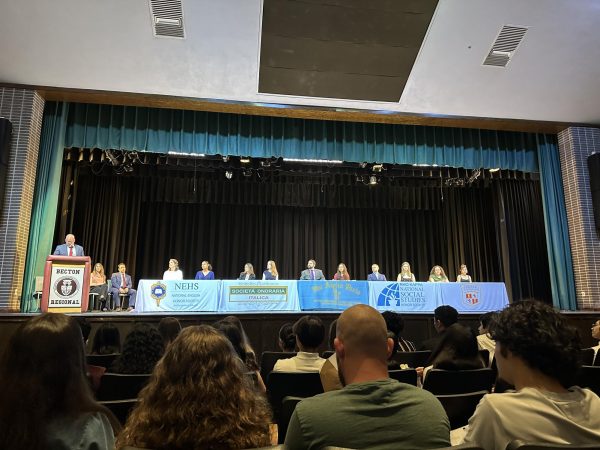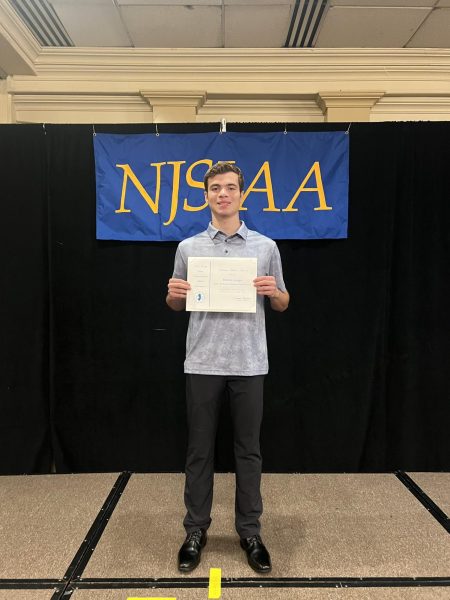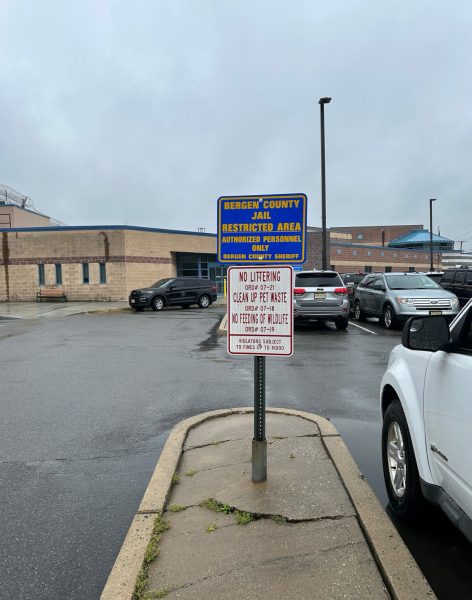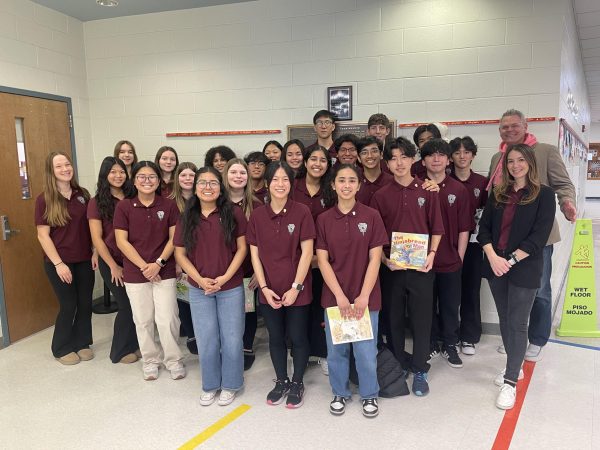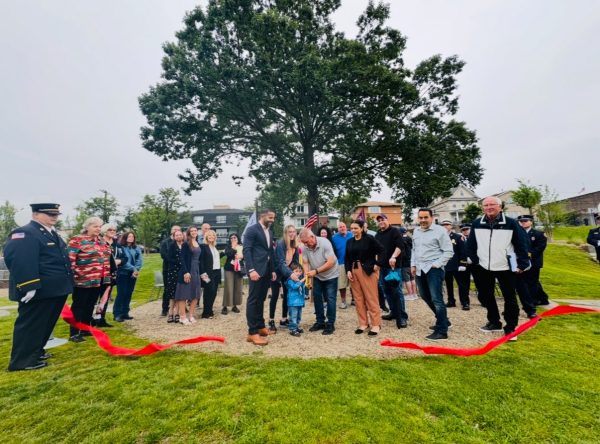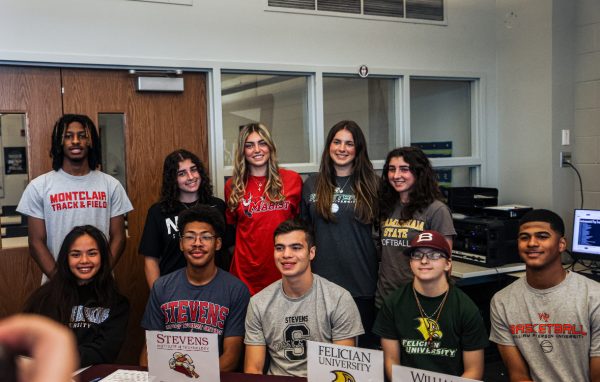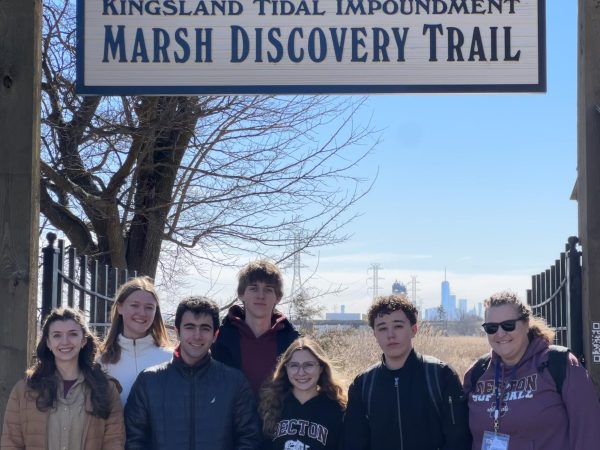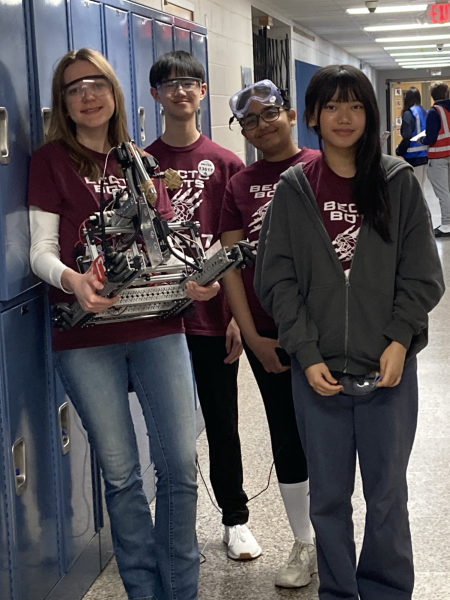The Impact of Remote-Learning & Covid-19 on Students with Disabilities.
Students as young as 5 years old start their kindergarten year remote learning, but students with disabilities face an even greater challenge.
What does it mean to be a student with disabilities? Difficulty with learning, speech, language, and perception, as well as problems with temperament are all issues that children with disabilities face on a daily basis at school. Every child is entitled to free and suitable education in the least restrictive environment feasible under federal law. So how exactly have students with disabilities been affected by the rise and spread of Covid-19?
Coronavirus has prompted the closure of elementary and secondary schools in all 50 states and the District of Columbia, as well as a sudden and widespread move to online learning. This adjustment has been particularly difficult for the almost 7 million impaired pupils in the United States, according to data from the National Center for Education Statistics. Special Education Aid, Mrs. Diane Landrigan explains, “The main thing I see with my students is they are so easily distracted”. The students’ instruction and assistance are difficult to transfer through technology, and educational systems and families are straining to meet the challenge.
Students with disabilities have access to free public education and adequate special education services and funds under IDEA, which is the Individuals with Disabilities Education Act. In the United States, students with disabilities account for 7 million or 14% of all public school students. Between 2000-01 and 2017-18, the most recent year for which data is available, this group grew by 11%.
Students with disabilities encountered specific challenges when classrooms transitioned to online learning, around the country. Specific learning disabilities, such as dyslexia and damage to the brain, are the most frequent type of disabilities among children in prekindergarten through 12th grade. According to government education data from 2018, approximately 34% of impaired pupils had a specific learning disability. Of this amount, 20% had a speech or language impairment, and 14% had a chronic or acute health problem that negatively impacted their educational performance. In the same school year, autistic students made up 10% of the nation’s impaired school children, up from 1.5% nearly two decades ago. This number is even higher in NJ, with 1 in 45 students being diagnosed with Autism, in some districts the rate is even higher.
Special education encompasses a wide range of needs, from reading assistance to children with vision or hearing problems, as well as those with more than one disability. Individual Education Plans, or IEPs, are legal agreements between schools and parents that define goals for the child and detail the special education services that will be offered. When schools closed due to COVID-19 in the spring, the federal government proclaimed that no special education exceptions would be granted, meaning that everything within the Individuals with Disabilities Education Act (IDEA), services, and regulations remained in effect.
The fear of not knowing what will happen is perhaps the most pressing anxiety. English teacher, Mrs. Kara Sozzo expressed, “The most challenging part of teaching, this year, has been managing the in-person and remote students, at the same time. It is difficult to discover activities that are engaging for both groups. It is also challenging to differentiate for my virtual students, as some of my go-to techniques would only work in person. I have had to research and find new ways to address the individual needs of my students.” She continues, “We all learn differently, regardless if someone has a learning disability or not. We each have our own strengths and our own weaknesses. It is not about being the same, it is about recognizing the unique attributes that we each bring.”
This year, Becton has gone above and beyond to make sure that no student is left behind as a result of the pandemic. Teachers continued to work with students, offering extensions and assistance up until the very last minute. Becton is also offering credit recovery opportunities. As this challenging school year comes to an end, students will need support to continue down a path of success. Empathy and understanding are the key ingredients.
Tenzin is excited to be a part of the Cat’s Eye View staff for her sophomore year. She is a hardworking and determined student. Tenzin is a full-year...



